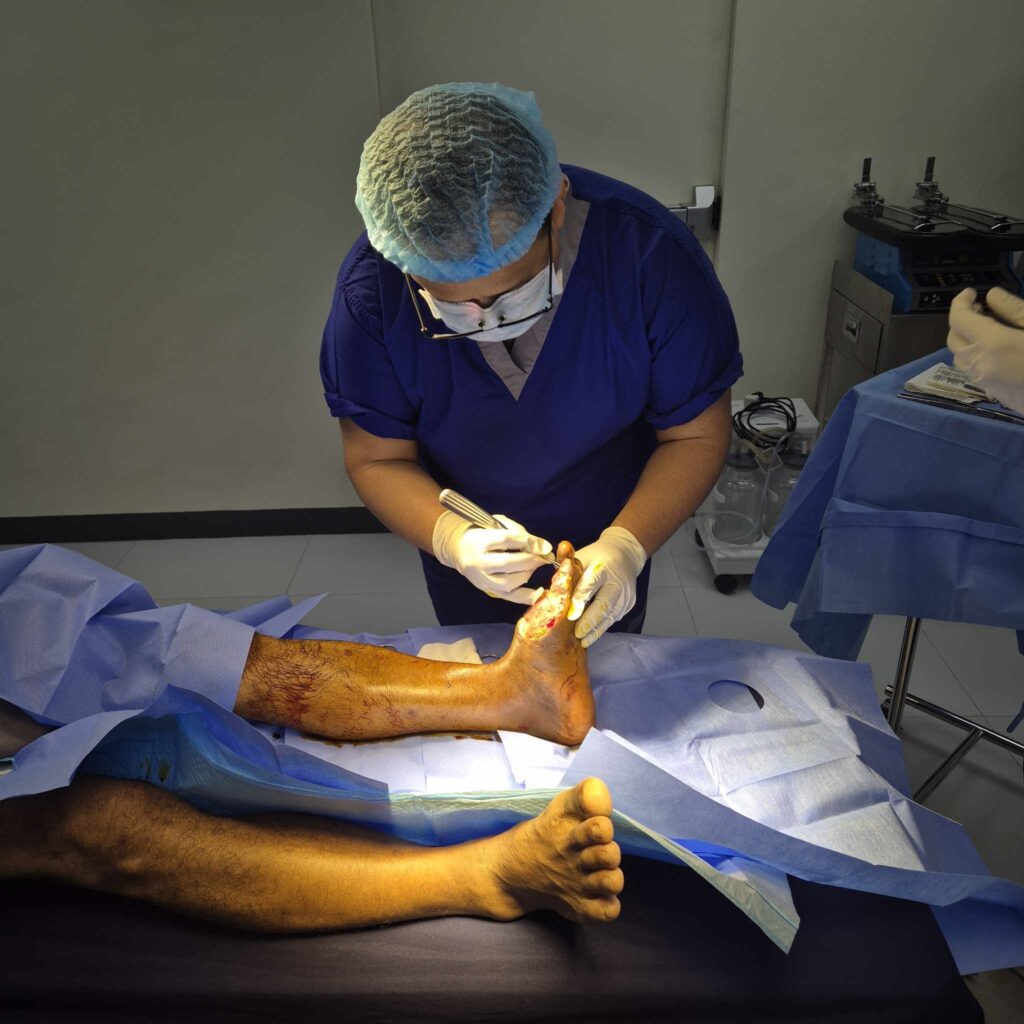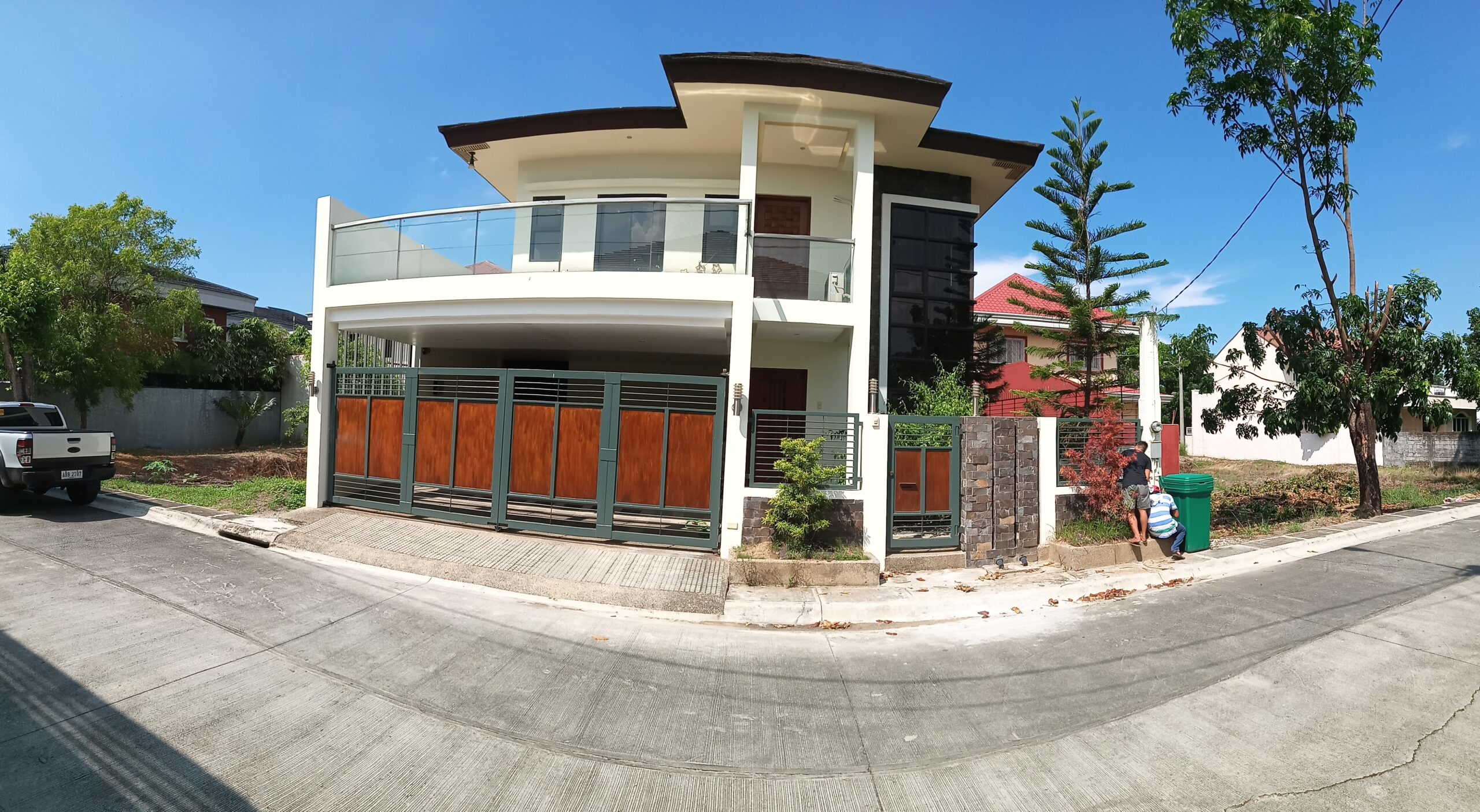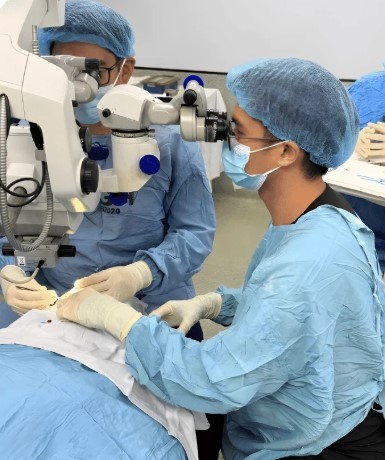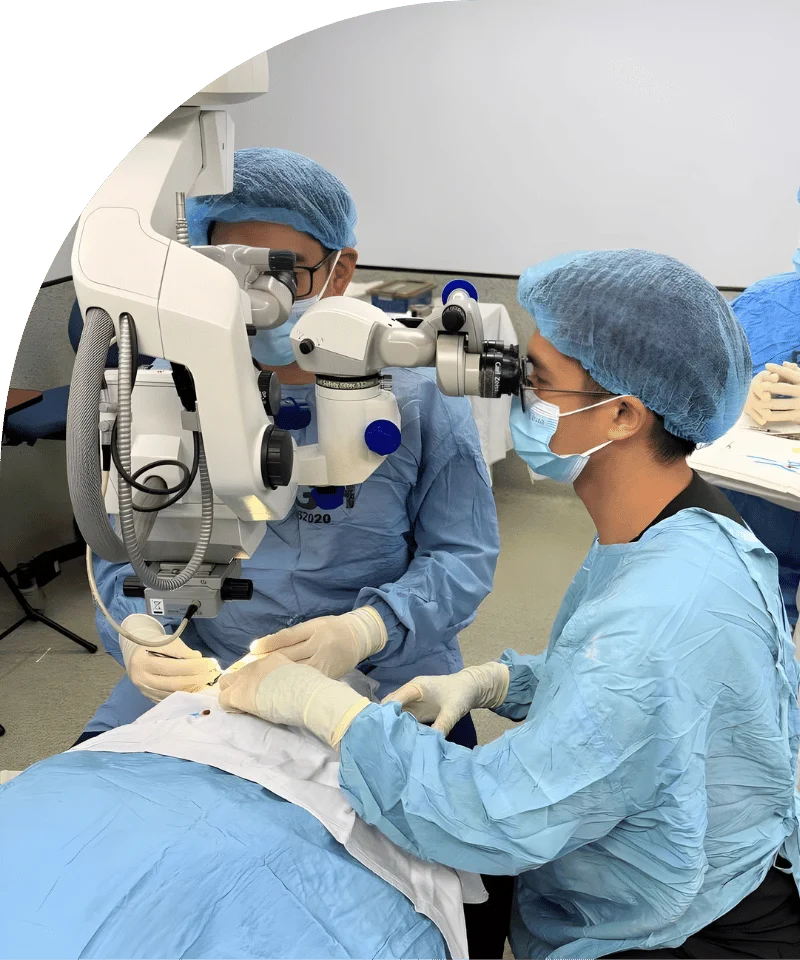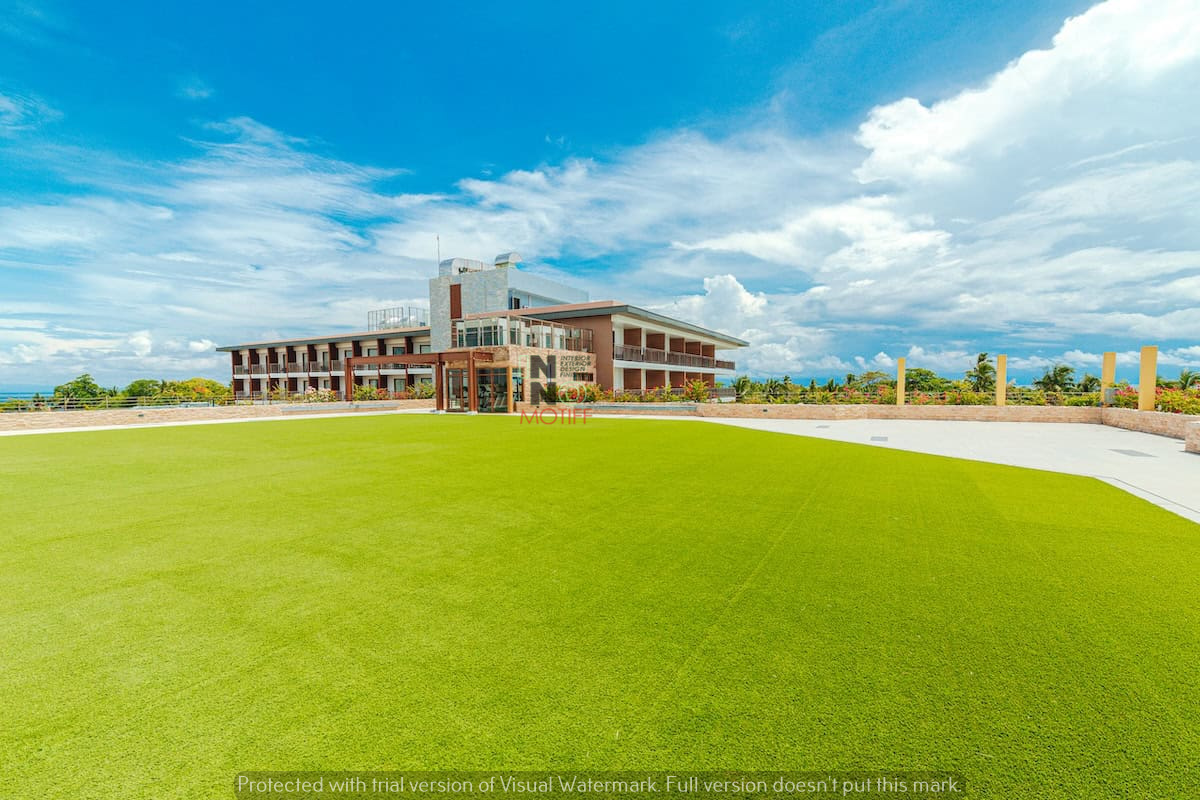Understanding Debridement and Its Role in Healing
Debridement is a medical procedure that focuses on removing dead, damaged, or infected tissue from a wound to allow healthy tissue to grow and speed up the healing process. It plays a vital role in wound management, especially for individuals suffering from chronic or non-healing wounds. Without proper debridement, wounds can become breeding grounds for bacteria, increasing the risk of infection and further complications. For people with conditions such as diabetes, poor circulation, or compromised immunity, debridement is often essential to prevent long-term health issues. By cleaning the wound bed thoroughly, healthcare providers create an environment that promotes natural healing and reduces the chance of scarring or long-lasting injury. Patients may sometimes underestimate the importance of this procedure, but it is often the turning point that determines whether a wound heals properly. In medical settings, debridement is considered one of the most important steps toward recovery and long-term wound health.
Why Debridement Services Are Essential in Wound Care
Wounds that are left untreated or improperly managed can quickly escalate into severe infections. This is particularly true for those with underlying health conditions, where a minor wound may become a serious medical issue. Debridement services provide a structured and medically supervised way to manage wounds before they worsen. Removing unhealthy tissue is not just about appearance—it prevents bacteria from spreading deeper into the body, where it could potentially lead to life-threatening complications. Professional debridement also helps reduce odor, discomfort, and drainage associated with severe wounds, making the healing process more comfortable for patients. By seeking debridement services in Quezon City, patients ensure they are receiving expert care from healthcare providers trained to handle delicate wound cases. These services not only improve healing but also significantly reduce the chances of hospitalizations or more invasive procedures in the future. Simply put, debridement is a cornerstone of effective wound care management.
Types of Debridement Methods Used in Modern Clinics
There are several types of debridement methods, each suited for specific wound conditions and patient needs. Surgical debridement is often used when a wound requires quick and thorough cleaning, especially in cases of severe infection. Mechanical debridement, on the other hand, involves physical removal of tissue using specialized tools such as dressings or irrigation systems. Enzymatic debridement uses topical applications that help break down dead tissue gradually, making it a less invasive option. Autolytic debridement is another method, allowing the body’s natural enzymes to soften and remove dead tissue with the help of moisture-retentive dressings. Each approach has its benefits and may be combined depending on the patient’s condition. Clinics in Quezon City often evaluate wounds carefully before choosing the right method, ensuring safety and effectiveness. Patients benefit from knowing that debridement is not a one-size-fits-all procedure but rather a tailored approach to wound healing.
Debridement Services in Quezon City: What to Expect
When seeking debridement services in Quezon City, patients can expect a structured and compassionate process. Typically, a healthcare professional will first assess the wound to determine the best method of debridement. During the procedure, local anesthesia may be used to minimize discomfort, depending on the depth and severity of the wound. Patients can expect clear explanations from their provider about what will happen, what method is chosen, and how long the healing process may take. The environment in most reputable clinics is designed to be sterile and supportive, reducing the risk of infection during the procedure. Recovery varies, but many patients notice improvements in wound appearance and pain relief within days of professional treatment. Clinics also provide detailed aftercare instructions, ensuring patients know how to clean, dress, and monitor their wounds at home. By choosing professional debridement in Quezon City, patients receive not just medical treatment but also reassurance and expert guidance.
Choosing the Right Provider in Quezon City
Selecting the right provider for debridement services is one of the most important decisions in wound care. Patients should look for clinics with certified wound care specialists who have experience handling both minor and complex wounds. Accreditation and proper training are critical, as these ensure that the provider follows the latest medical standards. It is also advisable to research clinics that have advanced wound care facilities, including modern dressings, infection control measures, and access to other medical specialists if needed. Asking questions before committing to treatment is encouraged, such as whether the clinic offers follow-up visits or personalized wound care plans. Word of mouth, referrals from physicians, and online reviews can also help in making an informed choice. In Quezon City, the growing number of specialized wound care centers makes it possible for patients to access quality care without traveling far. Choosing the right provider ensures not only effective healing but also peace of mind.
Cost of Debridement Services in Quezon City
The cost of debridement services in Quezon City can vary significantly depending on several factors. The type of wound, severity, and method of debridement all influence the overall expense. Public hospitals may offer more affordable options, while private clinics often provide faster service and more personalized care at higher rates. On average, surgical debridement tends to be the most expensive due to its complexity, while enzymatic or autolytic methods are generally more affordable. Patients should also consider additional costs such as follow-up appointments, dressings, and medications prescribed during the recovery process. Some clinics may offer package rates for chronic wound management, making treatment more cost-effective for long-term care. Insurance coverage may apply in certain cases, depending on the patient’s provider and policy. For those concerned about affordability, it is always advisable to inquire about available payment options or government healthcare programs in Quezon City that may reduce costs. Understanding the financial aspect helps patients prepare better for their treatment journey.
Preventing Wounds from Getting Worse After Debridement
The healing process does not stop after a debridement procedure—proper aftercare is essential for long-term recovery. Patients are often advised to keep their wounds clean and dry while following dressing instructions given by their healthcare provider. Regular check-ups are necessary to monitor progress and ensure that no new infections develop. Lifestyle factors such as maintaining a balanced diet rich in protein and vitamins can support faster healing. Diabetic patients are encouraged to maintain healthy blood sugar levels since poor control can slow wound recovery. Additionally, avoiding smoking and alcohol helps the body repair itself more effectively. Caregivers also play an important role in ensuring wounds are checked daily and redressed as recommended. By following these guidelines, patients in Quezon City can maximize the effectiveness of their debridement services and reduce the risk of complications.
The Growing Need for Specialized Wound Care in Urban Areas
As cities like Quezon City continue to grow, so does the need for specialized wound care services. Lifestyle changes, urban health challenges, and the increasing prevalence of chronic conditions such as diabetes contribute to a higher number of patients needing debridement. Chronic wounds are no longer issues faced only by the elderly—many working adults also experience them due to accidents, surgeries, or health conditions. With this growing demand, healthcare providers are investing in advanced technologies and expanding their wound care units. Accessibility is improving, making it easier for residents to seek immediate help before wounds escalate. Public awareness campaigns and educational initiatives are also raising understanding of the importance of early wound management. As healthcare systems continue to adapt, patients in Quezon City can expect broader access to specialized debridement services. This shift is vital in reducing preventable complications and improving overall community health outcomes.
Frequently Asked Questions about Debridement Services in Quezon City
Is debridement painful?
Debridement can sometimes cause discomfort, but healthcare providers typically use local anesthesia or pain relief methods to minimize any pain during the procedure.
How many sessions will I need?
The number of sessions depends on the wound’s severity and the patient’s overall health. Some wounds heal after one session, while chronic wounds may require multiple treatments.
Can debridement prevent amputation in severe cases?
Yes, timely debridement can significantly reduce the risk of amputation, especially in diabetic patients with chronic foot ulcers.
Are there risks or side effects of debridement?
Like any medical procedure, there are risks such as bleeding or infection, but these are minimized when performed by trained professionals in a sterile environment.
Do I need a referral to get debridement services in Quezon City?
In most cases, a referral is not required. Patients can directly approach clinics or hospitals offering wound care services.

